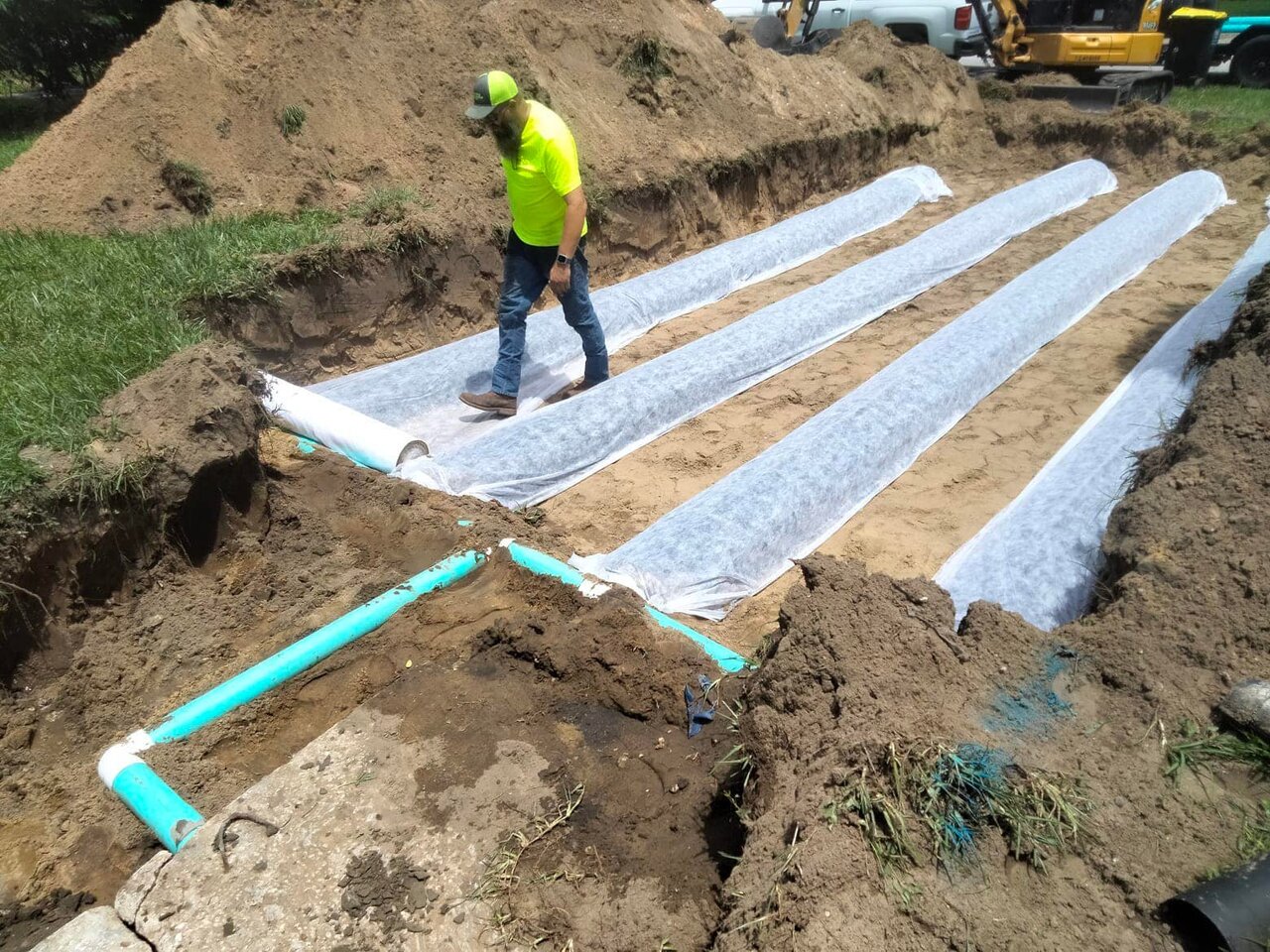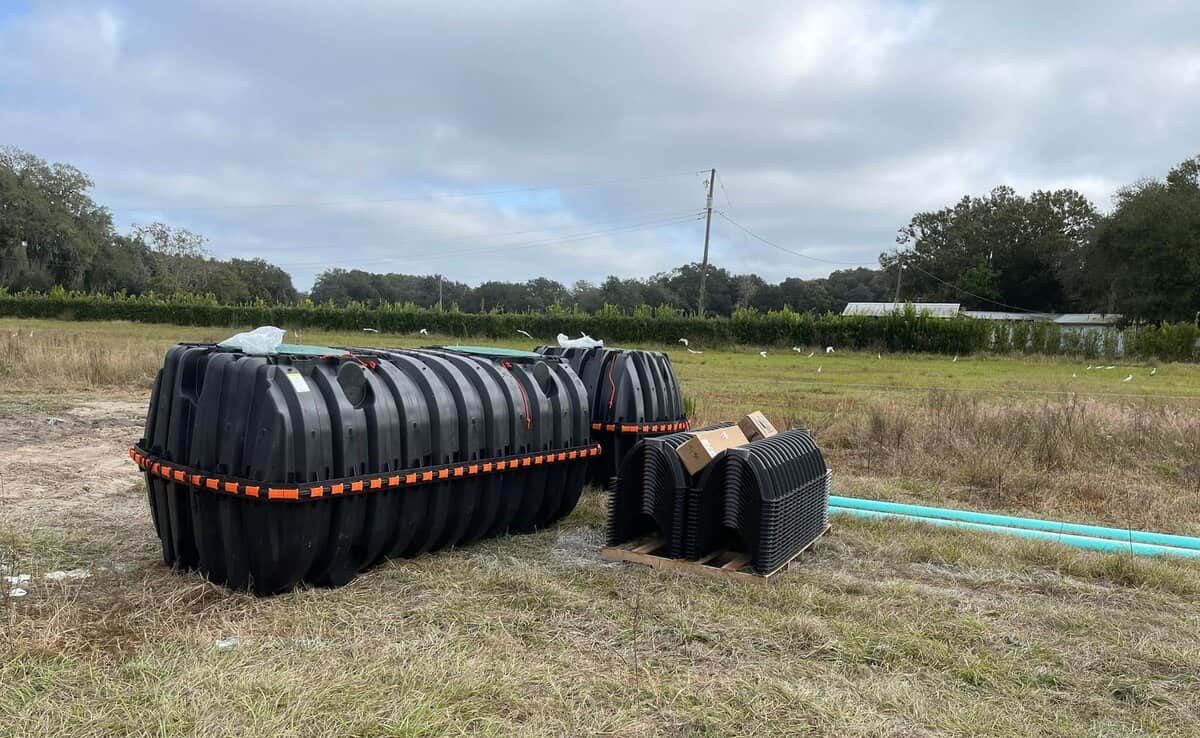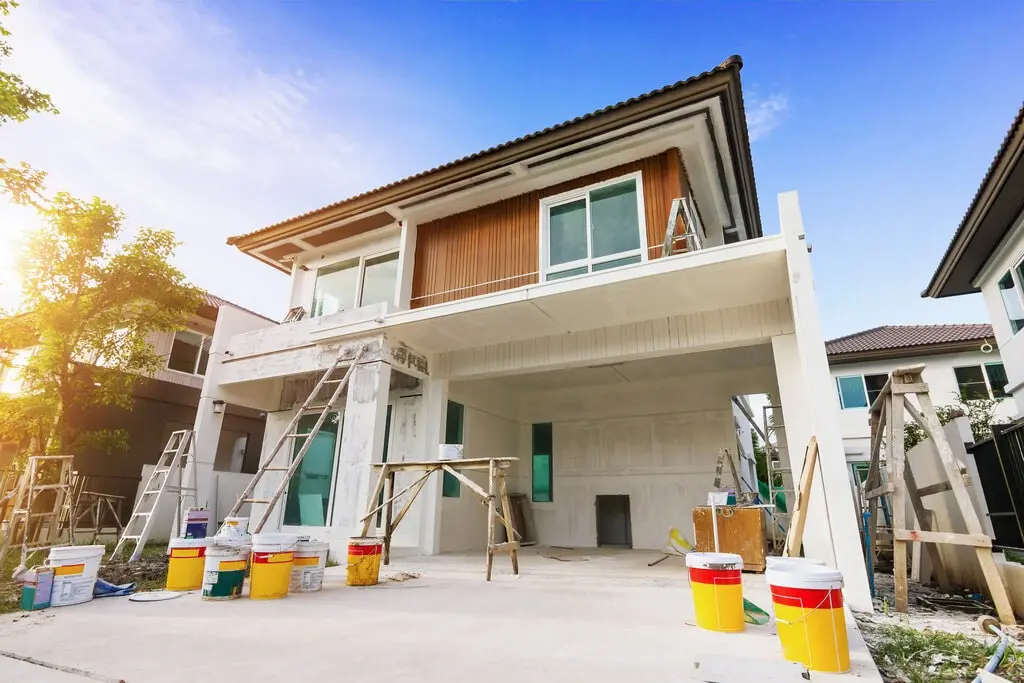A septic emergency can be a stressful and frightening experience. Septic systems are typically “out of sight, out of mind” for most homeowners, but when something goes wrong, it needs to be addressed quickly.
Septic problems can result in harmful sewage backing up into your home, environmental pollution, or the possibility of dangerous gasses. To ensure your safety and prevent further damage, it is important to know how to handle such an emergency by taking the necessary steps to ensure that your home, family, and property are safe.
What Constitutes a Septic “Emergency?”
Examples of septic emergencies include:
Overflowing drains or toilets
If sewage is backing up into your home or business, you must get assistance immediately. Not only is this situation gross, but it is potentially hazardous to your health and can cause serious property damage.
Large pools of water near the tank or drain field
Unusual water pooling can be an early warning sign that something is going wrong with your septic system. It could suggest that the drainfield is unable to keep up with the amount of wastewater that is being sent through the system.
The septic tank alarm going off
Septic tank alarms are an important part of many septic systems. If the alarm is sounding, you should act immediately to identify the problem.
Failure of mechanical parts
Some septic systems have mechanical parts that help push the wastewater through the pipes or otherwise ensure that the system operates effectively. If these parts fail, there could be serious consequences.
Some other problems with septic systems may need to be addressed soon, but are not necessarily considered an emergency:
- Slow drains in toilets, sinks, tubs, or showers
- Excessively green vegetation growing on or near the drainfield
- Gurgling sounds coming from pipes

Tips for Dealing With a Septic Emergency
Here are some tips for what you should do if you find yourself in a septic emergency.
Stop Using Water Immediately
The first step you should take if you have a septic emergency is to stop using all water in the home. Do not do laundry, take showers, or even flush toilets. While this can, obviously, be inconvenient, it is important that you avoid compounding the problem by adding more water to the system.
Assess the Situation
Next, you should assess the situation and determine exactly what is happening.
If sewage has backed up into the home through drains or toilets, it is important to locate the source of the backup to confirm that it is related to your septic system and not a different kind of plumbing issue.
If there has been an overflow or spill of sewage onto your property, make sure all people and pets stay away from the area.
If there is an extreme backup of sewage into the home or business, take measures to protect your health. This includes wearing protective masks and clothing to avoid contact with contaminated water or air.
It is also a good idea to turn off all electricity in affected areas so that no one is put at risk of electric shock due to standing water.
Call for Help
Unless you have experience dealing with septic systems, plumbing, and electricity, it is best to call a septic professional for help immediately. Even if it is after business hours, many septic companies offer emergency septic service, so there is no reason to delay seeking assistance.
Emergency septic tank services are available to provide assistance in quickly identifying and resolving problems in order to prevent any further damage and get your property back to functioning normally. A professional septic company near you will have the proper equipment and know-how needed in order to safely resolve the issue at hand – whether that is simply doing emergency septic pumping or it is something more complicated.
Take Action
If it is safe for you to do so without putting yourself at risk of injury or contamination, take some steps towards resolving the problem while waiting for help to arrive.
Try locating where the blockage may be coming from such as checking pipes near sinks or toilets for clogs; however, make sure not to attempt any repairs on your own if it involves electrical work as this could be hazardous for you and your family’s safety.
How to Avoid Having a Septic Emergency
The best way to avoid a septic emergency is by making sure that your system is regularly maintained and inspected. This should include having the tank pumped out at least every 3 years, and also having it inspected for any potential issues or damage.
In addition, you should be mindful of the basic guidelines for septic systems, including:
- Being cautious about what items are being flushed or put down your drains. Only flush toilet paper and biodegradable soaps, not wet wipes or paper towels.
- Not flushing medications of any sort, or common household chemicals like paint thinner or bleach.
- Conserving water by installing low-flow appliances and managing the amount of water by taking shorter showers, and only running washing machines or dishwashers when they are full.
Septic Company In & Near Lakeland
When you need septic service in & near Lakeland, contact the experienced professionals at Septic and Drainfield Depot. We have been providing septic services to homeowners and business owners in Polk County and throughout all of central Florida for years, and we are standing by to help you, too.
Because we know that emergencies happen, we are available 24/7.
We also offer routine drainfield installation, lift stations, and septic tank pumping, inspections, installation, and maintenance. To help manage the cost of septic work, we have financing options available.
Contact us today to have a free septic estimate for all your septic needs.







